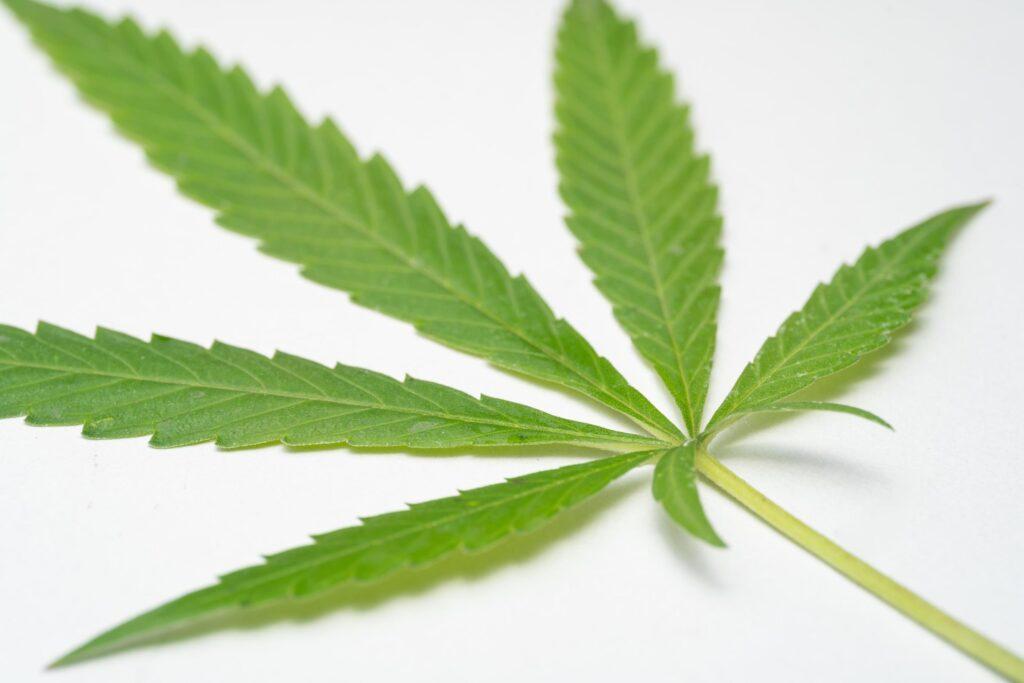According to a new study published in the journal Psychiatry Research, those with a clinical high risk for psychosis “who continuously used cannabis had higher neurocognition and social functioning over time, and decreased medication usage”.

The study was published in the September, 2023 issue of the journal Psychiatry Research, and it was conducted by researchers at the Stanford University School of Medicine, the University of Michigan, Zucker Hillside Hospital and University of California at Davis.
“Recreational cannabis use has recently gained considerable interest as an environmental risk factor that triggers the onset of psychosis”, states the study’s abstract. “To date, however, the evidence that cannabis is associated with negative outcomes in individuals at clinical high risk (CHR) for psychosis is inconsistent.”
The present study “tracked cannabis usage over a 2-year period and examined its associations with clinical and neurocognitive outcomes, along with medication rates.”
Researchers found that “CHR youth who continuously used cannabis had higher neurocognition and social functioning over time, and decreased medication usage, relative to non-users.”
They say that “Surprisingly, clinical symptoms improved over time despite the medication decreases.”
This study was “a national, multi-site clinical trial for preventing psychosis among young people, funded by the Robert Wood Johnson Foundation (2007–2011). This subsample included 210 CHR subjects assessed with the Structured Interview for Psychosis-Risk Syndromes (SIPS)(McGlashan et al., 2010). Written informed consent was obtained from participants≥18-years-old and parents of participants<18 (written assent from participant). The research protocol was approved by the IRB at each site.
More information on this study can be found by clicking here.







